Health Benefits of Exercise for Persons with Traumatic Brain Injury
Traumatic Brain Injury (TBI) is defined by the Brain Injury Association of America as “an alteration in brain function, or other evidence of brain pathology, caused by an external force”[1]. Traumatic brain injuries can be categorized as either closed (non-penetrating) injuries or open (penetrating) injuries.
In other words, TBI is caused by a severe hit to the head from something external that causes the brain to function differently from how it was previously functioning. There are a number of symptoms that can come as a result of TBI. According to an article off ofTraumaticBrainInjury.com[2],these symptoms include:
All of these symptoms that may come with TBI can make the lives of those individuals, as well as the lives of their caretakers, very challenging. Although there are numerous pharmaceutical medications coming out that are supposed to help reduce or prevent certain symptoms of TBI (antidepressants, anti-seizure meds, anti-psychotic meds etc.), what if I were to tell you that moderate intensity exercise may also help?
Health Concerns For Persons With Traumatic Brain Injury
Persons with TBI have often been known to be very physically inactive, which not only leads to reduced levels of fitness but also may increase their risks of developing other secondary health conditions as well. These secondary health conditions could potentially exacerbate any TBI-related symptoms that an individual with TBI is already experiencing.
What exactly is the best type of exercise for persons with TBI though?
Best Types of Physical Activity For Persons With Traumatic Brain Injury
It is being found that it is best for persons with TBI to participate in a wide variety of different physical activities for basic overall health benefits (both physical and mental health). Just a single type of physical activity alone won’t likely be enough for persons with TBI to experience any noticeable improvements in their physical or mental health.
It is very important to note the importance of allowing persons with TBI to be in charge of deciding what types of physical activities they wish to participate in themselves. Giving them this ability to independently decide for themselves may increase their interest level, which will likely help them increase their willingness to continue participating in the future than if it is decided for them.
This is no different than anyone else on this planet in that if it feels like a chore, that person’s desire to continue participating in the future will likely start progressively decreasing.
Benefits of Physical Activity For Persons With Traumatic Brain Injury
When looking at the beneficial outcomes of consistent physical activity for persons with TBI, numerous studies have shown that getting adequate amounts of exercise on a daily and weekly basis can lead to significant long-term benefits for both their physical and mental health.
One of the most substantial benefits has to do specifically with their mental health. According to multiple studies, exercise is directly correlated to decreases in depression amongst persons with TBI [3].
On top of that, in a presentation by Dr. Carrie DeNiel, Senior Physical Therapist in the Outpatient Neurology Physical Therapy Department at the Hennepin County Medical Center, there are a handful of other benefits that exercising may provide as well. These include [4]:
Conclusion
In conclusion, the potential health benefits of getting consistent exercise are substantial and may help persons with TBI increase not just their physical health, but also their mental health and overall cognitive function as well.
With increased physical and mental health, persons with TBI may have greater chances at increasing their levels of independence, decreasing their reliance on assistance from others, improving their ability to perform activities of daily living, and (most importantly) increasing their overall quality of life.
References
BIAA Adopts New TBI Definition. (2011). BIAA Adopts New TBI Definition. Brain Injury Association of America. https://www.biausa.org/public-affairs/public-awareness/news/biaa-adopts-new-tbi-definition
“Severe TBI Symptoms.” TraumaticBrainInjury.com, www.traumaticbraininjury.com/symptoms-of-tbi/severe-tbi-symptoms/.
Gordon, WA., Sliwinski, M., Echo, J., McLoughlin, M., Sheerer, M., & Meili, TE. (1998). The benefits of exercise in individuals with TBI: a retrospective study. Journal of Head Trauma Rehabilitation, 13(4) 58–67..
Move it or Lose it: The Benefits of Movement and Exercise in Traumatic Brain Injuries Carrie DeNiel, PT, DPT Senior Physical Therapist Outpatient Neurology Physical Therapy Hennepin County Medical Center. (n.d.). Retrieved October 1, 2021, from https://www.braininjurymn.org/annual_conference/CONF-2017-presentations/Friday-I-E.pdf



